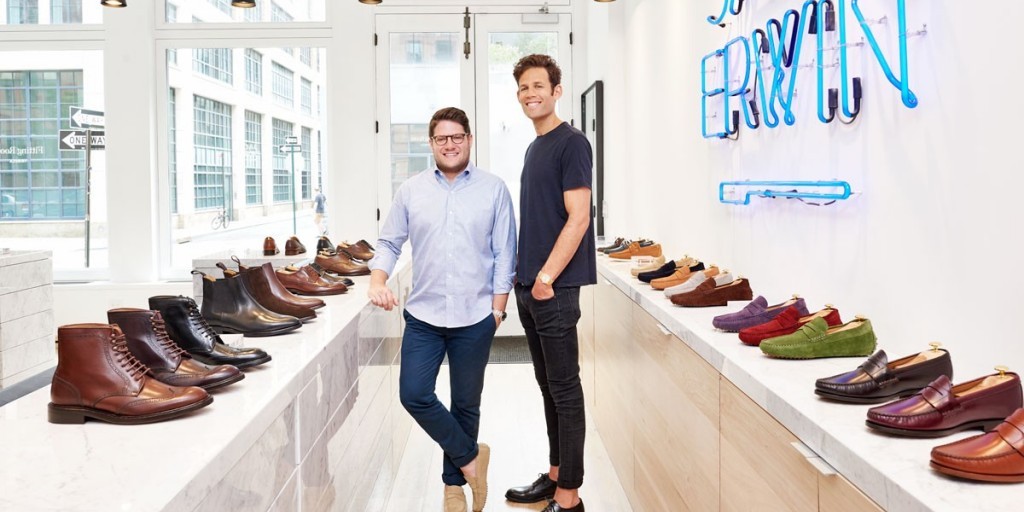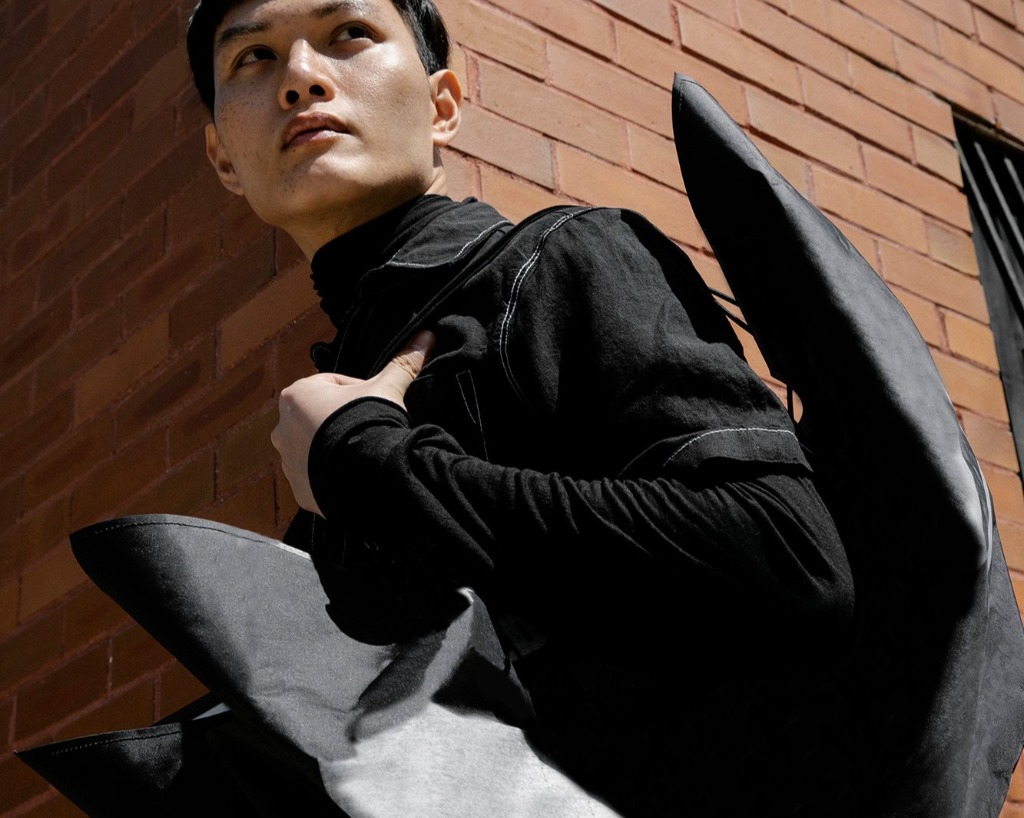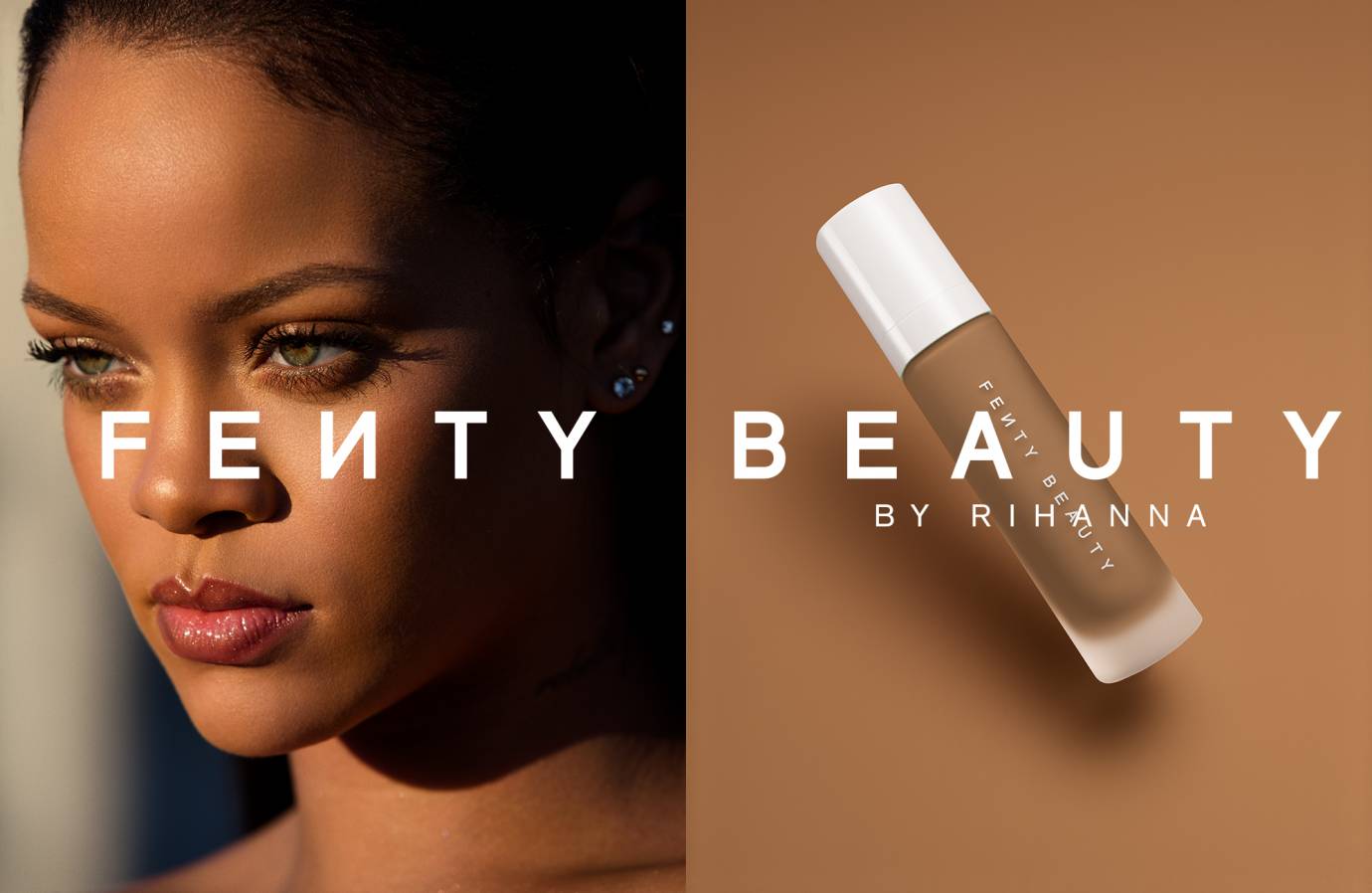Lane Gerson is laughing as he rationalizes his company’s early success. “We have proof of interesting,” he says. “We have a ways to go, but I think we’re at a good starting point.”
For a brand that once had a waiting list in the thousands, and whose founders, very early, had the good fortune of having investors approach them instead of the other way around (they secured a $2 million Series A in early 2014 after the lead investor, Crosslink Capital, initiated contact), it’s safe to assume that Mr Gerson and his longtime friend, Ariel Nelson, the minds behind DTC dress shoe label, Jack Erwin, are beyond “proof of interesting” at this point.

Since debuting in October 2013, the company, which sells higher-end dress shoes at half the price of similar models at traditional brands, is unquestionably one of most visible upstarts in the men’s market at the moment, and like many businesses both new and old, Mr. Nelson’s and Mr. Gerson’s venture has risen quickly by offering a simple solution to a problem that affected them both.
The eureka moment.
As recent college graduates living in New York, they found it difficult to afford the brands they were drawn to. “We both got to the point where we couldn’t afford anything that we liked,” Mr. Gerson says. “Ariel was looking for shoes for a wedding one day, and he just wanted a simple, affordable pair of dress shoes that he could wear.” During the hunt, they came to realize rather quickly that nothing fit within their budget for the level of quality they were looking for. “We turned to each other and were like, you really can’t find anything less than $500 or $600.”
The lightbulb went off, and they decided to dig deeper. “At that point we looked at each other and were like, if we could actually make a shoe that was beautiful––and that we would actually wear––for $100 and sell it for $200, there had to be a business there,” says Mr. Gerson. But after spending the entire summer of 2012 looking for someone to help them produce their shoe, they kept coming up short. “We were meeting a lot of people, but just kept hitting dead ends,” he admits. “We realized that shoes were a different beast.”
But in August that summer, a chance meeting at a barbershop would provide the connection needed to get production off the ground. During a rare visit for a shave, Mr. Nelson listened as the man next to him discussed his career with the barber. That person was Bertrand Guillaume, the head shoe designer for Ralph Lauren Purple Label at the time. Mr. Nelson introduced himself and explained his business concept. Today, Mr. Guillaume is now VP of Product for the company, and he proved instrumental in helping the founders secure the right manufacturer for production.
From there, the team spent over a full year in R&D, and after raising $750,000 in seed money from friends, family, and angel investors, they settled on five classic styles, each sold in black and brown. “We wanted to create a foundation for every man’s wardrobe,” says Mr. Gerson. “We thought five styles––two colors per style––was a good representation of what we believe to be core pieces.”
First on the scene.
Selling shoes over the internet is nothing new. Zappos has been doing so for over a decade, so too have Amazon and eBay. All three, however, operate as third party sellers. But Jack Erwin is different––it’s a private label brand that relies on selling its shoes directly to consumers online, rather than in stores. And though it opened a brick-and-mortar location in Tribeca NYC in late 2014, the majority of its sales are still through its website.
Today, their model is growing popular within the footwear sector, and continues to blossom. Lean Luxe favorites, Paul Evans, M.Gemi, and Margaux, for instance, now populate the DTC shoe space alongside Jack Erwin, and each is navigating the marketplace quite well. All of them make it easier to buy high-end shoes at great prices online, and they all exist to solve a problem of both quality and convenience.
Mr. Lane and Mr. Gerson’s problem, it turns out, was one many young male shoppers faced, and Jack Erwin offered a valuable fix. The dress shoe, of course, is a staple of a man’s wardrobe. It’s a requirement in many situations, be it the workplace, formal functions, or in Mr. Nelson’s case, weddings. Addressing that need at a premium level at half or even two thirds the price of what men would expect to pay at established brands, was a smart play. It helps too that they were first to do this in the men’s footwear market. “We’ve been lucky in the sense that there’s no real competitors out there at the price point we’re playing at,” says Mr. Nelson, though subscribers Ben Earley and Evan Fript of Paul Evans might beg to differ.
Still, as Michael Carney, formerly of Pando, astutely pointed out, repeat buyers can be a problem for premium dress shoe brands. Sneaker purchases are driven by desire. But when men buy a pair of dress shoes, they tend to view that purchase as an investment, which means they return less. Based on their customers’ purchasing patterns, however, Mr. Gerson and Mr. Nelson attribute this to price, instead of a lack of desire. “A lot of guys who would buy $600 Ferragamos are realizing that $200 is so much more attainable, so they’re actually buying in bulk,” Mr. Nelson explained to us.
It also helps that the company makes it easy for men to find what they need without overwhelming them with options. A key characteristic of Jack Erwin’s is simplicity of choice. And among repeat buyers, the numbers are respectable for a young brand selling an item with a traditionally low repeat purchase rate: Over the first five months, between 13-14% of customers have ordered from the brand again.
In forecasting the future, the founders remain confident: “I think if we can offer a great shoe at a great price point, people will start to dig deep and open up their pockets,” says Mr. Gerson. “It’s nice to have two pairs of brown shoes as opposed to one.”






